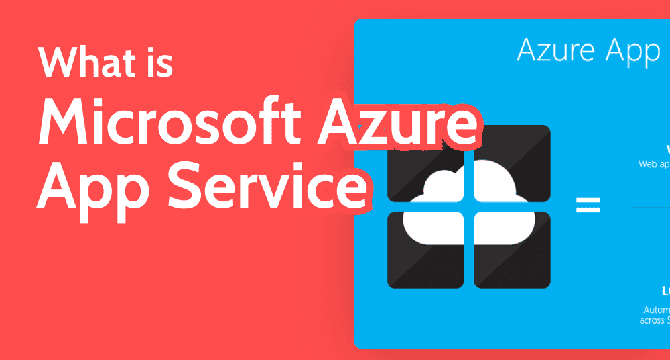Cloudwards
3w
92

Image Credit: Cloudwards
Microsoft Azure App Service: Definition, How It Works, Types, Features and Pricing
- Microsoft Azure App Service is a software development and management platform that is also used for hosting web applications.
- The key benefit of Microsoft Azure App Service is that it allows developers to focus on software development and abstraction of the infrasture deployment process.
- Azure App Service is a PaaS tool that comes with a pre-configured programming language environment for web apps, APIs and mobile backends such as Python, PHP, Java and ASP.NET among others.
- Web apps, APIs and mobile backends can be deployed either containerized or non-containerized on Azure App Service’s built-in web hosting.
- The cost of running Microsoft Azure App Service primarily comes from the underlying compute, but you may also have to pay for add-ons like domain names and SSL certificates.
- Azure App Service offers software development, automated scaling and deployment, high availability, modernized app development and streamlined security integration features.
- The limitations of Azure App Service include no support for Linux in the shared pricing tier, no support for Python on Windows and limited programming languages.
- Azure App Service pricing is based on the cost of the underlying resources, including custom domains, SSL certificates and SSL connections.
- The different types of Azure App Service software include web apps, APIs and mobile backends that provide various deployment options through six pricing plans, including Free, Shared, Dev/Test, Basic, Environment and Premium plans.
- Azure App Service alternatives include AWS Elastic Beanstalk, GCP App Engine and DigitalOcean App Platform.
Read Full Article
5 Likes
For uninterrupted reading, download the app